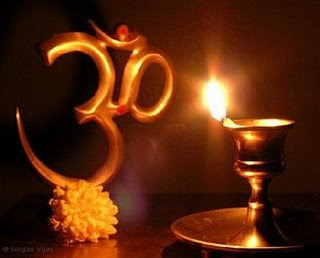Desires are waves in the mind – Nisargadatta Q: Do you experience desires occasionally? M: Desires are just waves in the mind. You know a wave when you see one. A desire is just a thing among many. I feel no urge to satisfy it, no action needs be taken on it. Freedom from […]
You are browsing archives for
Tag: Self-Enquiry
Silence and Solitude – Ramana
Silence and Solitude D: Is a vow of silence useful? M: The inner silence is self-surrender. And that is living without the sense of ego. D: Is solitude necessary for a sannyasin? M: Solitude is in the mind of a man. One might be in the thick of the world and yet maintain perfect serenity […]
Desires and Fulfillment – Nisargadatta
Desires and Fulfillment – Nisargadatta Questioner: I am full of desires and want them fulfilled. How am I to get what I want? Maharaj: Do you deserve what you desire? In some way or other you have to work for the fulfilment of your desires. Put in energy and wait for the results. Q: […]



